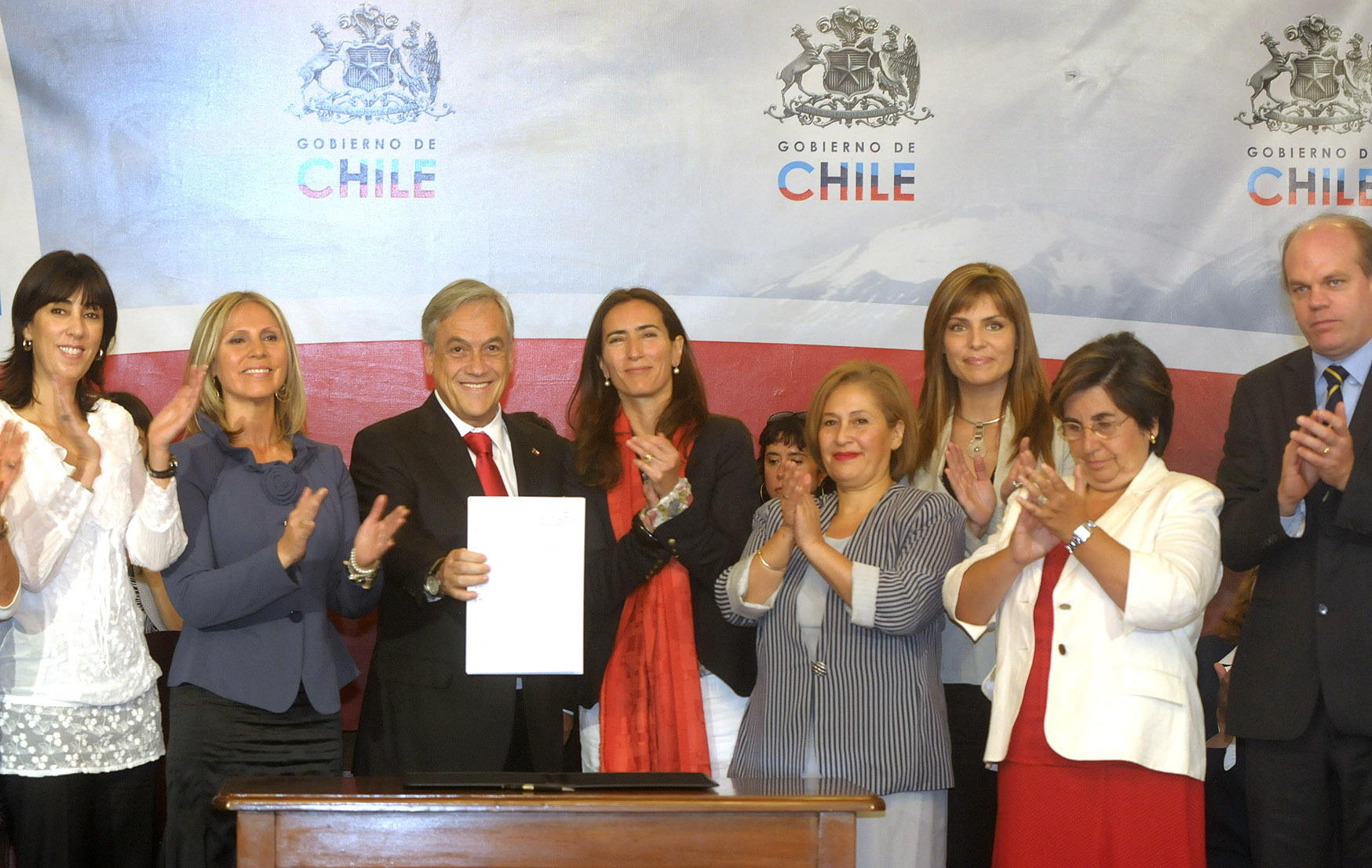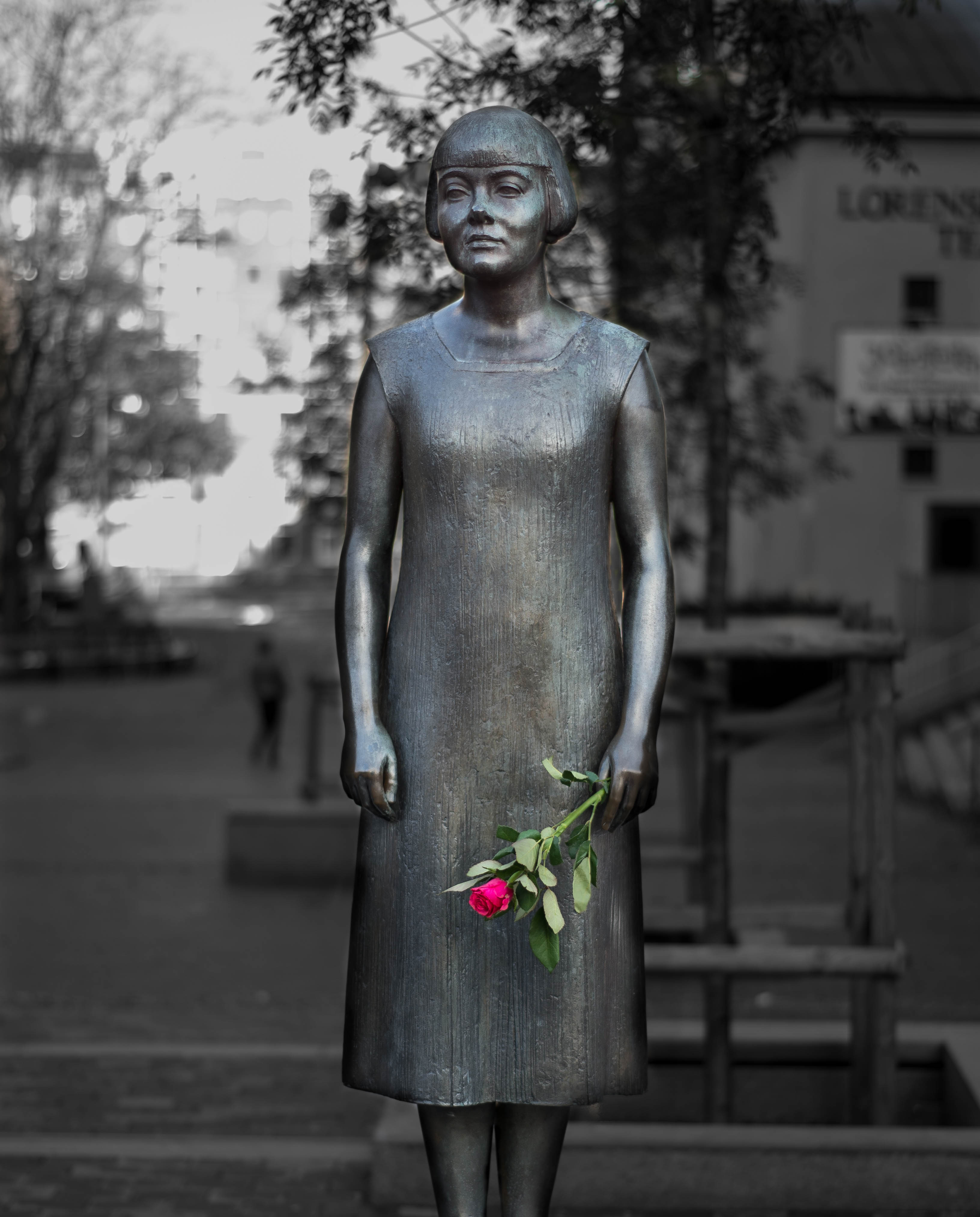|
Eva Neander
Eva Lydia Carolina Neander (born 3 April 1921, Jukkasjärvi; died 22 February 1950 Tiveden) was a Swedish journalist as well as being one of the most eminent authors and poets of the 1940s. On 22 February 1950, she disappeared and was found dead, frozen in ice in Lake Unden. Life Neander grew up on the small island of Mellan Holmen in Härnösand. Neander's mother was Emilia Karolina Neader née Svanberg and her father was school inspector and statistician Ernst Albin Neander. Her father died when she was six years old. Several years later her mother remarried, becoming Emilia Neander-Nyström and the family moved to Borås in 1932 Neander lived in Borås until 1939 when the family moved to Gothenburg. In 1941, received her school-leaving certificate (Gymnasieexamen) in Gothenburg. Eva Neander never married. In the winter of 1949, traveling alone, she visited her old house in Finnerödja. On 22 February 1950, she disappeared and was subsequently found dead by her broth ... [...More Info...] [...Related Items...] OR: [Wikipedia] [Google] [Baidu] |
Jukkasjärvi
Jukkasjärvi (; Sámi languages, Sami: ''Čohkkiras'') is a urban areas of Sweden, locality situated in Kiruna Municipality, Norrbotten County, Sweden with 548 inhabitants in 2010. It is situated at 321 meters elevation. The name is of Northern Sami origin, where ''Čohkkirasjávri'' means ''lake of assembly'', as the area by the lake by which the village was founded was a Sami people, Sami marketplace. The village got its first Finnish-speaking resident settlers in the 17th century, who changed the name into the more Finnish language, Finnish-sounding Jukkasjärvi, thereby removing its meaning, although ''järvi'' (''jávri'' in Sami) still means ''lake'' in Finnish. This was also the name used by Swedish officials. The village is a popular tourist accommodation during the winter months, from December until April, and is best known for its annual Icehotel (Jukkasjärvi), ice hotel, a hotel literally made from ice. [...More Info...] [...Related Items...] OR: [Wikipedia] [Google] [Baidu] |
Vecko-Journalen
''Vecko-Journalen'' (Swedish: ''Weekly Record'') was a weekly magazine published under various titles from 1910 to 2002. History and profile ''Vecko-Journalen'' was founded by Erik Åkerlund in 1910. The same year he also established the publishing company Åhlén & Åkerlunds. The magazine was based in Stockholm and was published on a weekly basis. Among many others, Börge Bengtsson served as the editor-in-chief of the magazine. It was one of the Swedish publications which featured news materials provided by the Swedish Intelligence Agency during World War II. It was published weekly from 1910 to 1963 when it merged with the magazine '' Idun'' and took the double-barrelled name A double-barrelled name is a type of compound surname, typically featuring two words (occasionally more), often joined by a hyphen. Examples of some notable people with double-barrelled names include Winnie Madikizela-Mandela and Sacha Baron C ... ''Idun-Veckojournalen''. The merged magazine c ... [...More Info...] [...Related Items...] OR: [Wikipedia] [Google] [Baidu] |
Missing Person Cases In Sweden
Missing or The Missing may refer to: Film * ''Missing'' (1918 film), an American silent drama directed by James Young * ''Missing'' (1982 film), an American historical drama directed by Costa-Gavras * ''Missing'' (2007 film) (''Vermist''), a Belgian film that was a 2007 box office number-one film in Belgium * ''Missing'' (2008 film), a Hong Kong horror film directed by Tsui Hark * ''Missing'' (2009 film), a South Korean film directed by Kim Sung-hong * ''Missing'' (2009 short film), a film starring Susan Glover * ''Missing'' (2010 film), a Jordanian film directed by Tariq Rimawi * ''Missing'' (2016 film), a South Korean film directed by Lee Eon-hee * ''Missing'' (2018 film), an Indian film directed by Mukul Abhyankar * ''Missing'' (2019 film), a Hong Kong film directed by Ronnie Chau *''Missing'', a 2007 film featuring Nao Ōmori * ''Missing'' (2023 film), an American thriller film * ''The Missing'' (1999 film), an Australian film directed by Manuela Alberti * ''The Missing'' (2 ... [...More Info...] [...Related Items...] OR: [Wikipedia] [Google] [Baidu] |
Femicide In Sweden
Femicide or feminicide is a hate crime which is broadly defined as "the intentional killing of women or girls because they are female," but definitions of it vary depending on cultural context. In 1976, the Feminism, feminist author Diana E. H. Russell first defined the term as "the killing of females by males because they are female." Others broaden the meaning of the term by including the killing of females by females. In many Central American countries, where organized crime is a prevalent issue, the term femicide is used in reference to the violent killings of women and girls which are frequently perpetrated by gang members, a crime which is primarily committed in order to stoke fear and compliance among civilians. Opponents argue that since over 80% of all murder victims are men, the term places too much emphasis on the murder of females. However, a partner is responsible in almost 40% of homicides involving a female victim, compared with the 6% of homicides involving a ... [...More Info...] [...Related Items...] OR: [Wikipedia] [Google] [Baidu] |
Deaths By Drowning
Death is the irreversible cessation of all biological functions that sustain an organism. For organisms with a brain, death can also be defined as the irreversible cessation of functioning of the whole brain, including brainstem, and brain death is sometimes used as a legal definition of death. The remains of a former organism normally begin to decompose shortly after death. Death is an inevitable process that eventually occurs in almost all organisms. Death is generally applied to whole organisms; the similar process seen in individual components of an organism, such as cells or tissues, is necrosis. Something that is not considered an organism, such as a virus, can be physically destroyed but is not said to die. As of the early 21st century, over 150,000 humans die each day, with ageing being by far the most common cause of death. Many cultures and religions have the idea of an afterlife, and also may hold the idea of judgement of good and bad deeds in one's life (heaven ... [...More Info...] [...Related Items...] OR: [Wikipedia] [Google] [Baidu] |
1950 Deaths
Year 195 ( CXCV) was a common year starting on Wednesday (link will display the full calendar) of the Julian calendar. At the time, it was known as the Year of the Consulship of Scrapula and Clemens (or, less frequently, year 948 ''Ab urbe condita''). The denomination 195 for this year has been used since the early medieval period, when the Anno Domini calendar era became the prevalent method in Europe for naming years. Events By place Roman Empire * Emperor Septimius Severus has the Roman Senate deify the previous emperor Commodus, in an attempt to gain favor with the family of Marcus Aurelius. * King Vologases V and other eastern princes support the claims of Pescennius Niger. The Roman province of Mesopotamia rises in revolt with Parthian support. Severus marches to Mesopotamia to battle the Parthians. * The Roman province of Syria is divided and the role of Antioch is diminished. The Romans annexed the Syrian cities of Edessa and Nisibis. Severus re-establish his he ... [...More Info...] [...Related Items...] OR: [Wikipedia] [Google] [Baidu] |
1940s Missing Person Cases
Year 194 ( CXCIV) was a common year starting on Tuesday (link will display the full calendar) of the Julian calendar. At the time, it was known as the Year of the Consulship of Septimius and Septimius (or, less frequently, year 947 ''Ab urbe condita''). The denomination 194 for this year has been used since the early medieval period, when the Anno Domini calendar era became the prevalent method in Europe for naming years. Events By place Roman Empire * Emperor Septimius Severus and Decimus Clodius Septimius Albinus Caesar become Roman Consuls. * Battle of Issus: Septimius Severus marches with his army (12 legions) to Cilicia, and defeats Pescennius Niger, Roman governor of Syria. Pescennius retreats to Antioch, and is executed by Severus' troops. * Septimius Severus besieges Byzantium (194–196); the city walls suffer extensive damage. Asia * Battle of Yan Province: Warlords Cao Cao and Lü Bu fight for control over Yan Province; the battle lasts for over 100 day ... [...More Info...] [...Related Items...] OR: [Wikipedia] [Google] [Baidu] |
1921 Births
Nineteen or 19 may refer to: * 19 (number), the natural number following 18 and preceding 20 * one of the years 19 BC, AD 19, 1919, 2019 Films * 19 (film), ''19'' (film), a 2001 Japanese film * Nineteen (film), ''Nineteen'' (film), a 1987 science fiction film Music * 19 (band), a Japanese pop music duo Albums * 19 (Adele album), ''19'' (Adele album), 2008 * ''19'', a 2003 album by Alsou * ''19'', a 2006 album by Evan Yo * ''19'', a 2018 album by MHD (rapper), MHD * ''19'', one half of the double album ''63/19'' by Kool A.D. * ''Number Nineteen'', a 1971 album by American jazz pianist Mal Waldron * XIX (EP), ''XIX'' (EP), a 2019 EP by 1the9 Songs * 19 (song), "19" (song), a 1985 song by British musician Paul Hardcastle. * "Nineteen", a song by Bad4Good from the 1992 album ''Refugee (Bad4Good album), Refugee'' * "Nineteen", a song by Karma to Burn from the 2001 album ''Almost Heathen''. * Nineteen (song), "Nineteen" (song), a 2007 song by American singer Billy Ray Cyrus ... [...More Info...] [...Related Items...] OR: [Wikipedia] [Google] [Baidu] |
Karin Boye
Karin Maria Boye (; 26 October 1900 – 24 April 1941) was a Swedish poet and novelist. In Sweden she is acclaimed as a poet, but internationally she is best known for the dystopian science fiction novel '' Kallocain'' (1940). Career Boye was born in Gothenburg (Göteborg), Sweden and moved with her family to Stockholm in 1909. In Stockholm, she studied at the ''Åhlinska skolan'' until 1920. She studied at Uppsala University from 1921 to 1926 and debuted in 1922 with a collection of poems, "Clouds" (Swedish: ). During her time in Uppsala and until 1930, Boye was a member of the Swedish Clarté League, a socialist group that was strongly antifascist. She was also a member of the women's organization Nya Idun. In 1931, Boye, together with Erik Mesterton and Josef Riwkin, founded the poetry magazine ''Spektrum'', introducing T. S. Eliot and the Surrealists to Swedish readers. She translated many of Eliot's works into Swedish; she and Mesterton translated "The Waste Land" ... [...More Info...] [...Related Items...] OR: [Wikipedia] [Google] [Baidu] |
Prose Poetry
Prose poetry is poetry written in prose form instead of verse form, while preserving poetic qualities such as heightened imagery, parataxis, and emotional effects. Characteristics Prose poetry is written as prose, without the line breaks associated with poetry. However, it makes use of poetic devices such as fragmentation, compression, repetition, rhyme, metaphor, and figures of speech. History In 17th-century Japan, Matsuo Bashō originated ''haibun'', a form of prose poetry combining haiku with prose. It is best exemplified by his book ''Oku no Hosomichi'', in which he used a literary genre of prose-and-poetry composition of multidimensional writing. In the West, prose poetry originated in early-19th-century France and Germany as a reaction against the traditional verse line. The German Romantics Jean Paul, Novalis, Friedrich Hölderlin, and Heinrich Heine may be seen as precursors of the prose poem. Earlier, 18th-century European forerunners of prose poetry had included ... [...More Info...] [...Related Items...] OR: [Wikipedia] [Google] [Baidu] |


